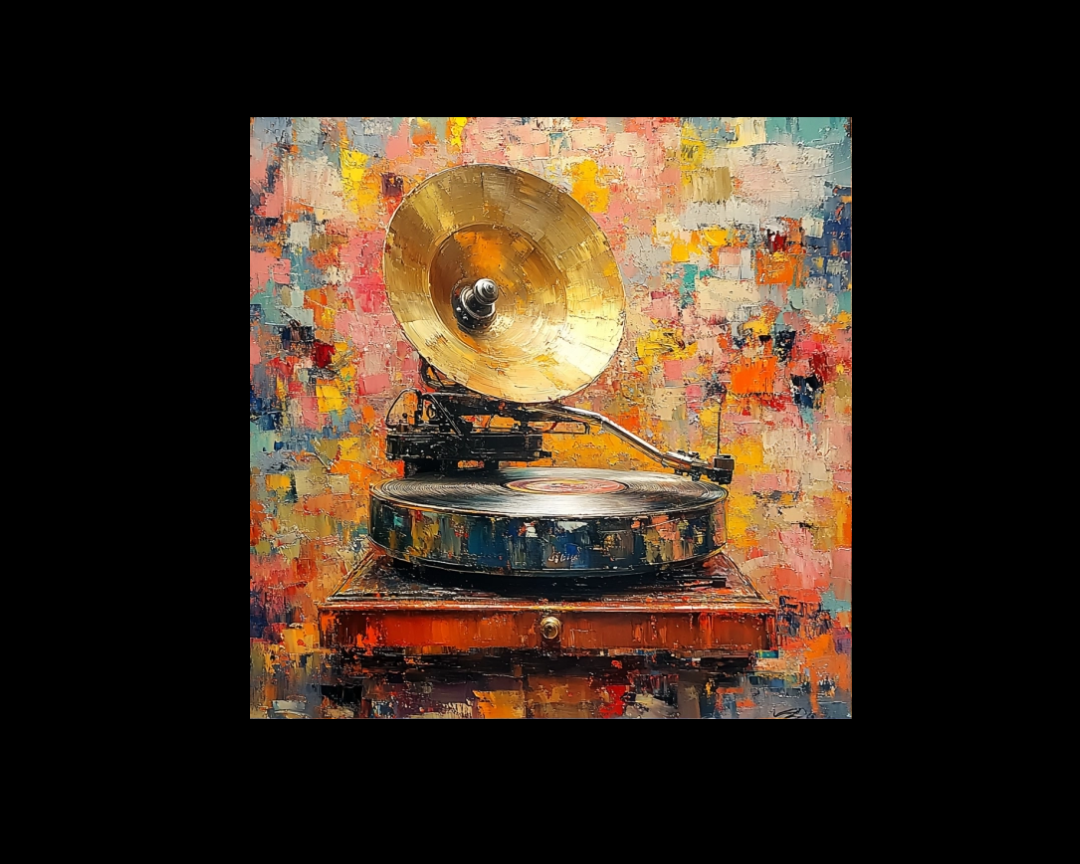Writing Slow
In our current era, speed is often celebrated above all else. The internet's emergence has accelerated our lives, turning processes that once took...

Have you ever been engrossed in a captivating story only to be let down by lackluster dialogue? Perhaps the characters all seemed to sound the same, or their conversations felt far from authentic.
Crafting compelling dialogue is an art form, but fear not, for there are tried-and-true techniques you can immediately employ to elevate the quality of conversations in your novel.
It's important to note that good dialogue isn't necessarily a mirror of natural conversation; instead, it is meticulously constructed to serve the fictional world it inhabits.
While real-world interactions may serve as inspiration, fictional dialogue must adhere to the rules and dynamics of your story's universe.
For instance, if you've ever watched television shows, you might have noticed that characters often omit customary greetings and farewells when answering the phone.
While this may seem impolite, it serves a purpose by keeping the plot moving without unnecessary pleasantries—a deliberate choice made by skilled scriptwriters.
Here are eleven invaluable tips to help you master the art of crafting compelling dialogue in your fiction:
Every character should have motivations, desires, and goals. Infuse their dialogue with these unique agendas to make conversations more engaging and authentic.
While using dialogue to convey essential information is tempting, it's often more practical to sprinkle exposition throughout the narrative rather than delivering it in long, unnatural monologues.
Real-life conversations often carry hidden meanings and emotions beneath the surface. Infuse your dialogue with subtext to add depth to your characters and their interactions.
In most cases, characters should use contractions like "I'm" instead of "I am" to replicate how people speak naturally.
Each character should have a distinctive way of speaking. Consider their education, background, and personality when determining their speech patterns.
While accents and dialects can add flavor to dialogue, overusing them can make the text hard to read. Use them sparingly and judiciously.
Once characters are introduced, it's usually unnecessary to keep repeating their names in dialogue. Use pronouns or other identifiers instead.
Eliminate filler words and polite exchanges that don't contribute to character development or plot progression.
While it's important to attribute dialogue to characters, avoid overusing fancy tags like "exclaimed" or "uttered." Simple "said" often works best.
Adverbs can be a crutch. Instead of relying on them to convey tone, use strong dialogue and actions to show how characters feel or speak.
Grab your readers' attention by opening your story with a compelling dialogue scene. This immediately immerses them in the world you've created.
Mastering the craft of effective dialogue is both an art and a skill that can be cultivated. While some writers may possess a natural talent for it, anyone can learn to excel in this essential aspect of storytelling.
Embrace the process, study exceptional examples from literature and film, and remember that when done right, fictional dialogue seamlessly blends with the world you've crafted, making it feel like a genuine part of your story.
Elevate your writing by employing these proven techniques, and watch as your characters come to life through the power of compelling dialogue.

In our current era, speed is often celebrated above all else. The internet's emergence has accelerated our lives, turning processes that once took...

Modern publishing, high-concept fiction continues to dominate bestseller lists, attract film options, and command impressive advances. As both...

Tone in writing is the attitude or emotional character that the author conveys through their words. It's a crucial element that can dramatically...